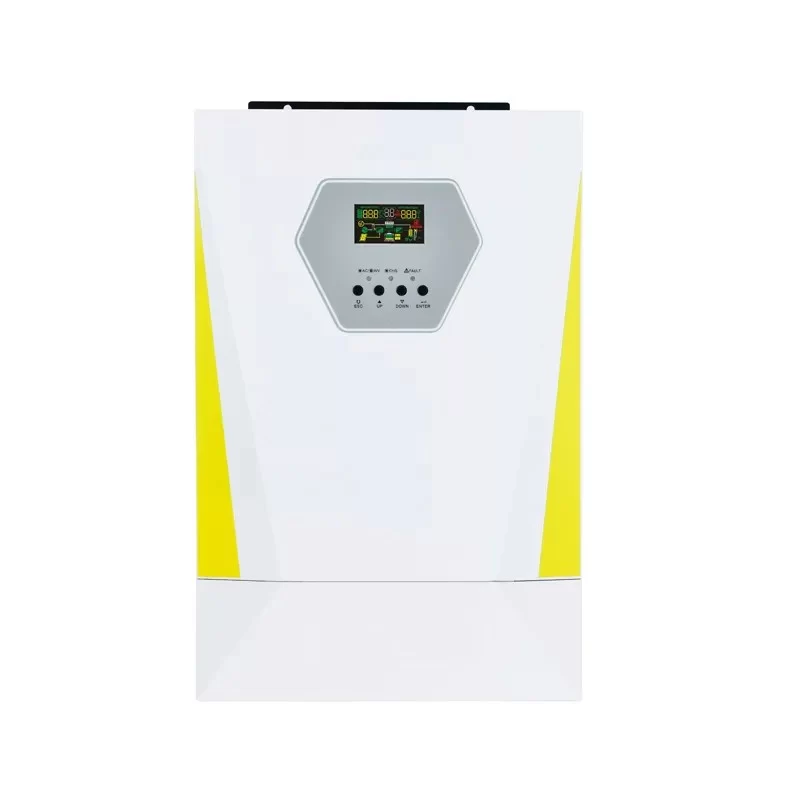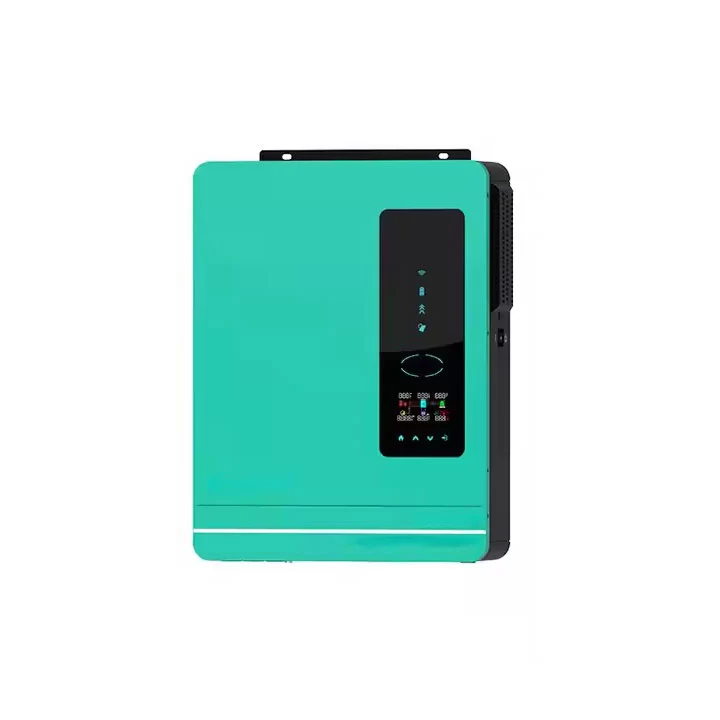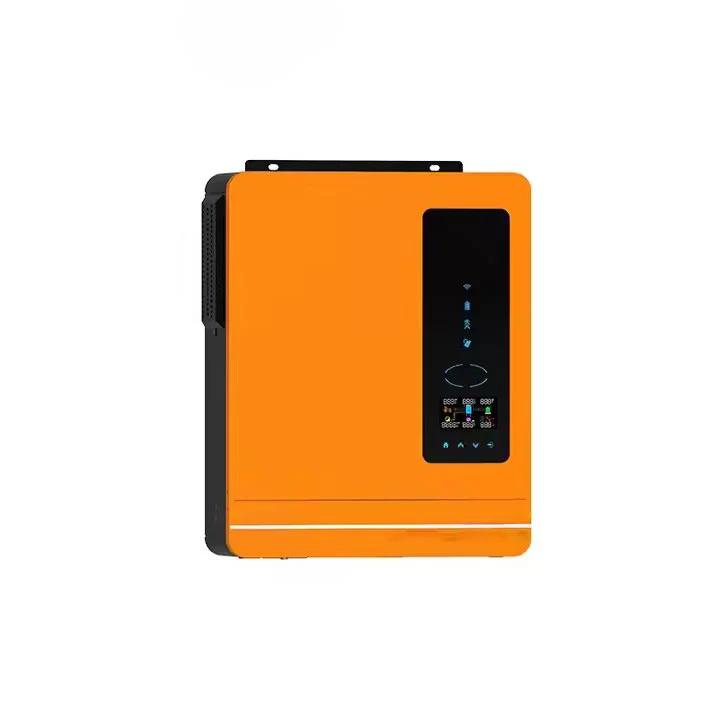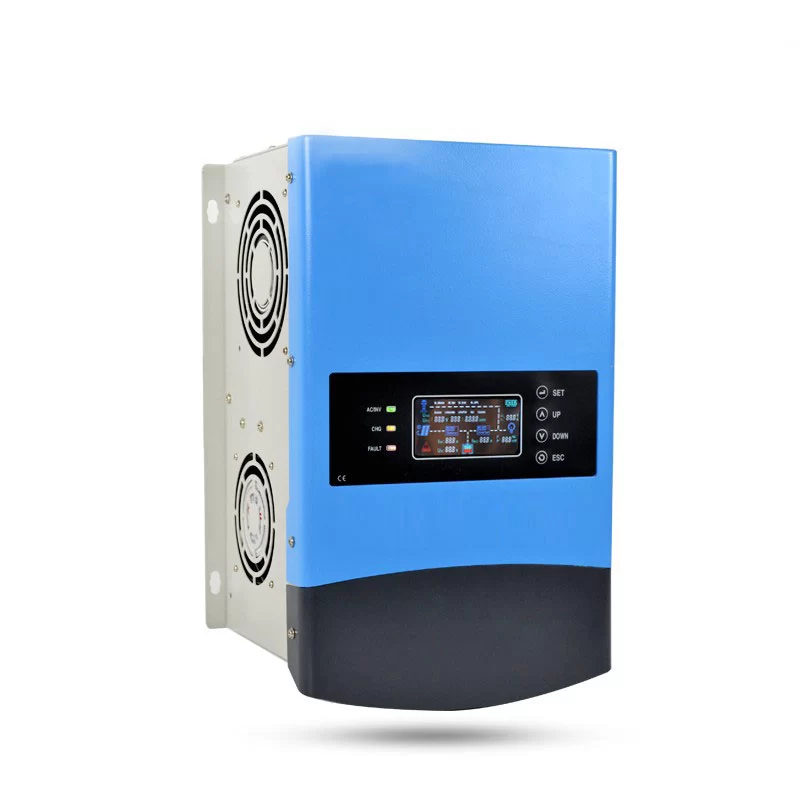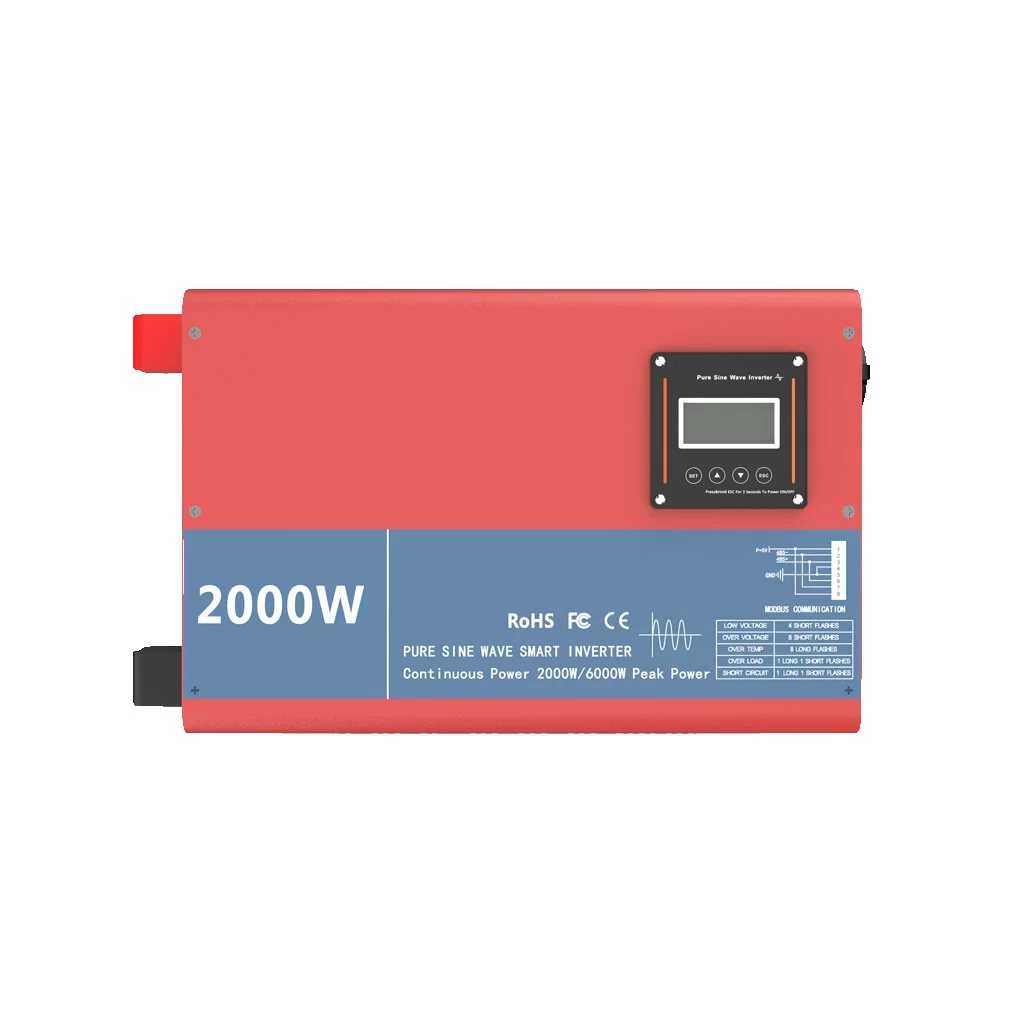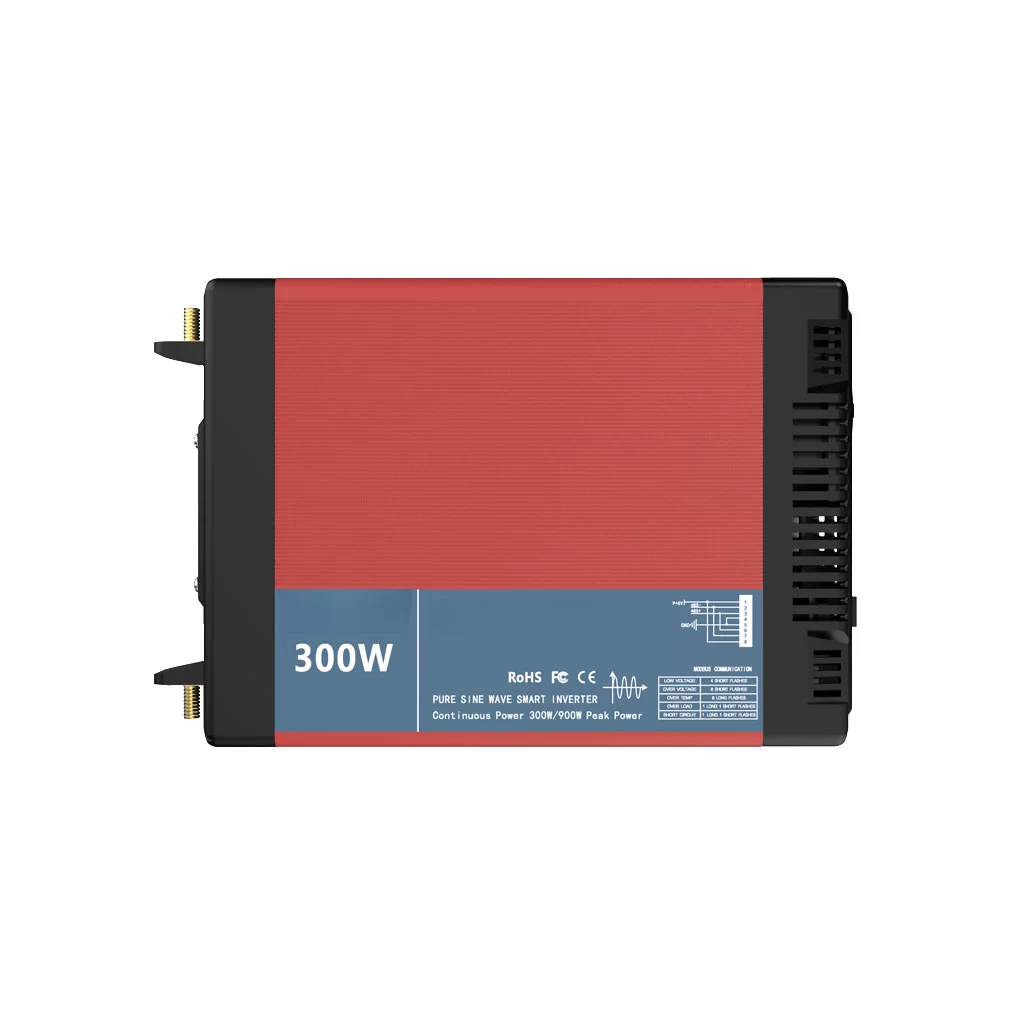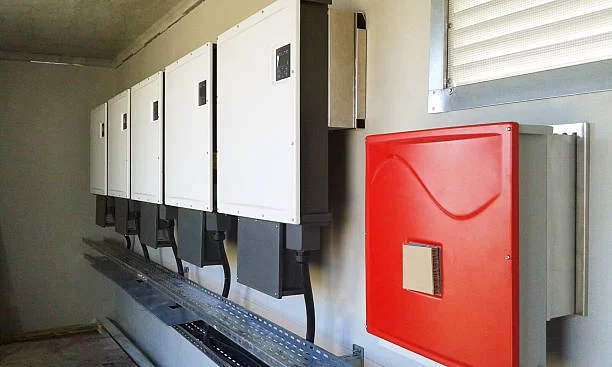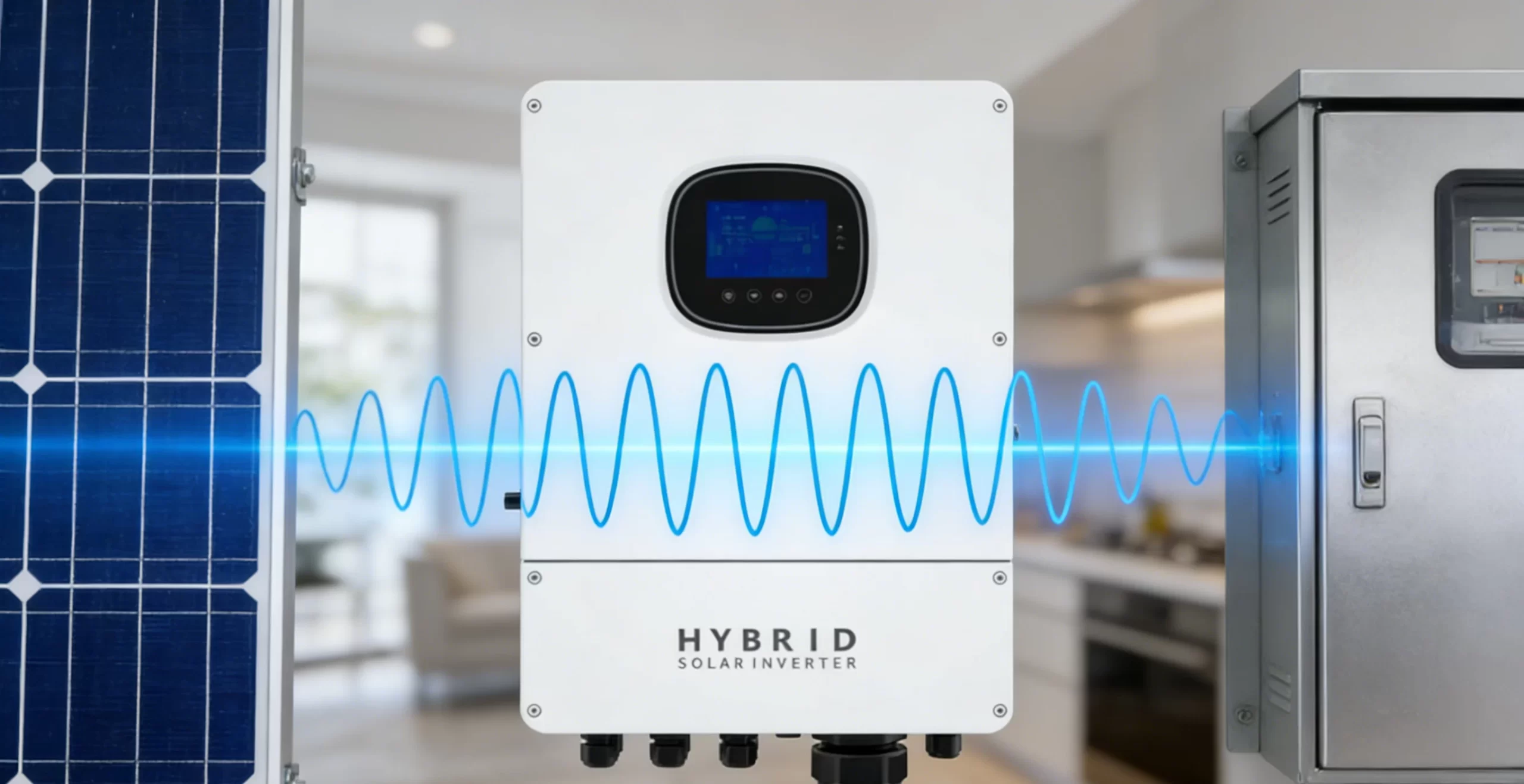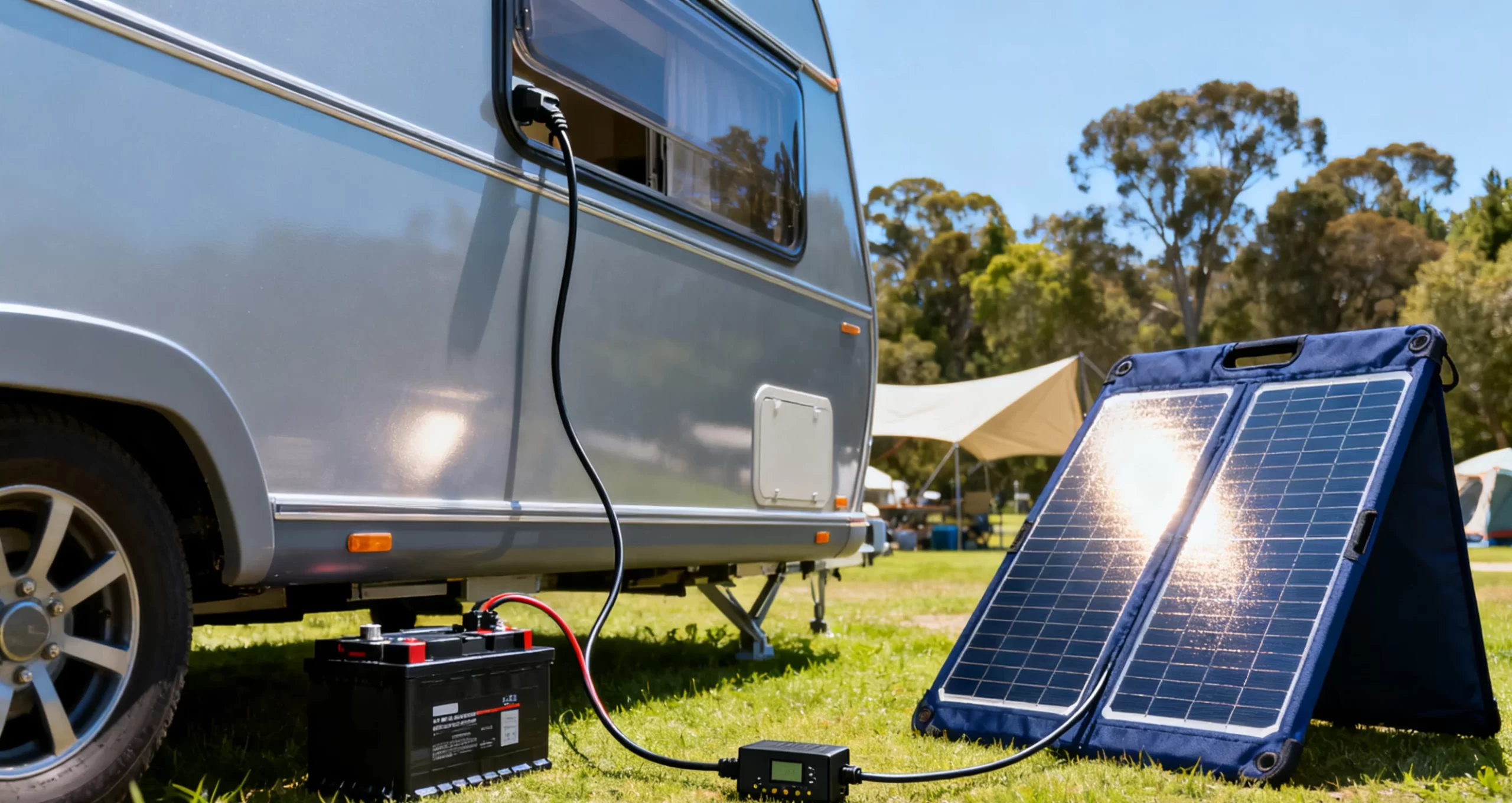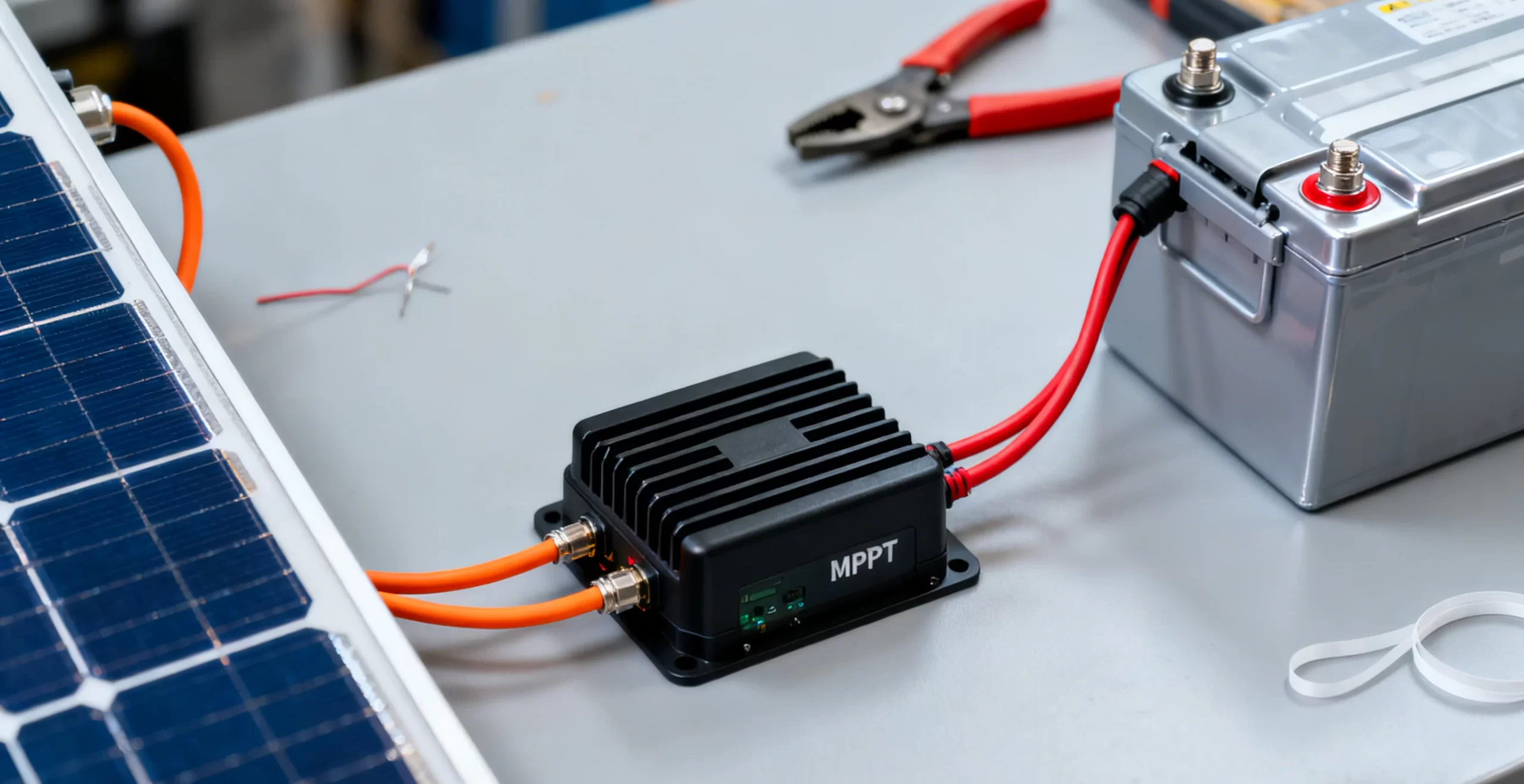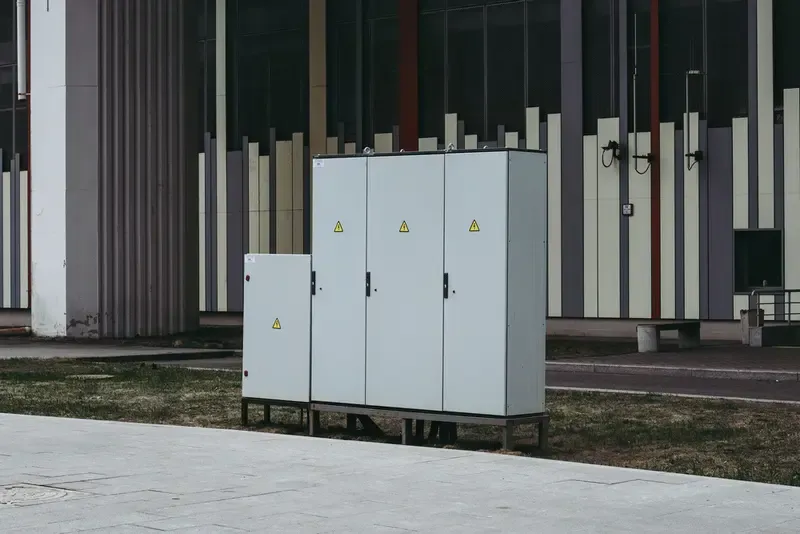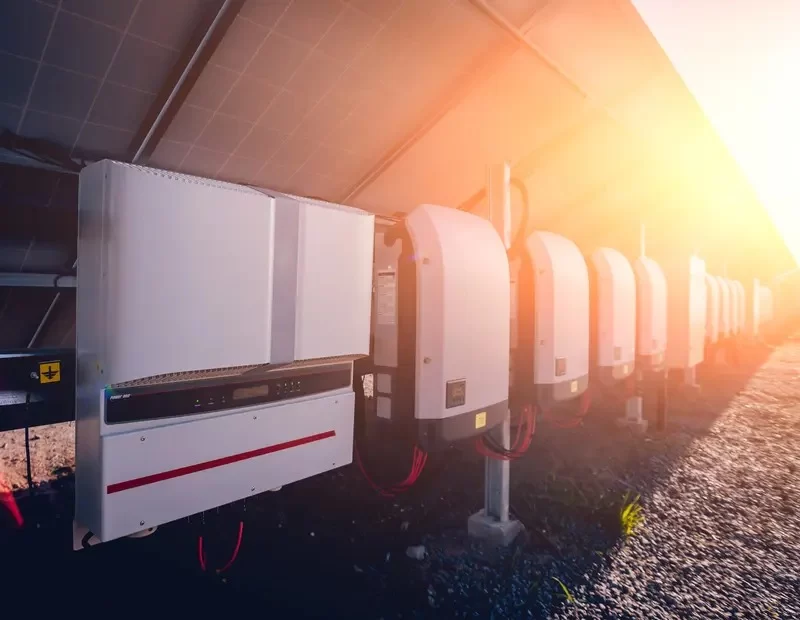- tel:+86-13651638099
- Email: [email protected]
- Official website: www.hj-net.com
- Address: 333 Fengcun Road, Fengxian District, Shanghai
Get A Quote Now!
Difference Between On-Grid and Off-Grid Inverter
In the world of solar energy, understanding the difference between on-grid and off-grid inverters is crucial for designing and optimizing energy systems. Both types of inverters play key roles in converting solar power for use, but they serve different purposes and have distinct characteristics.
On-Grid Inverter
- Definition:An on-grid inverter, also known as a grid-tied inverter, is a device that converts the direct current (DC) electricity generated by solar panels into alternating current (AC) electricity and feeds it directly into the utility grid.
- Key Features:
- Grid Connection:On-grid inverters are designed to work in tandem with the electrical grid. They synchronize the phase and frequency of the electricity they produce with that of the grid.
- Net Metering:These systems often use net metering, which allows excess electricity generated by the solar panels to be fed back into the grid, effectively spinning the meter backward. This can result in credits on the homeowner’s utility bill.
- No Backup Power:On-grid systems do not provide power during a grid outage. If the grid goes down, the system shuts off to prevent back-feeding, which could endanger utility workers.
- Efficiency:Typically, on-grid inverters are highly efficient because they don’t need to store power. Any excess power not used by the home is sent to the grid.
- Applications:On-grid inverters are commonly used in residential, commercial, and industrial solar installations where a constant and reliable power supply is available from the utility grid.
Off-Grid Inverter
- Definition:An off-grid inverter, also known as a standalone inverter, converts DC electricity from solar panels or batteries into AC electricity for use in homes or businesses that are not connected to the utility grid.
- Key Features:
- Independence from the Grid:Off-grid inverters are designed for locations without access to the utility grid. They rely entirely on energy stored in batteries or generated from renewable sources.
- Battery Storage:These systems typically include a battery bank to store excess energy generated during the day for use at night or during cloudy periods.
- Power Availability:Off-grid systems can provide power even during grid outages since they operate independently of the grid.
- System Complexity:Off-grid inverters often require more complex setups, including charge controllers and battery management systems, to ensure efficient and safe operation.
- Applications:Off-grid inverters are ideal for remote or rural areas where connecting to the utility grid is impractical or impossible. They are also used in applications where energy independence and reliability are critical, such as in cabins, boats, and RVs.
Comparison Summary
- Grid Dependency:On-grid inverters work in conjunction with the utility grid, while off-grid inverters function independently.
- Backup Power:On-grid systems do not provide power during outages; off-grid systems do.
- Storage:Off-grid systems require battery storage, whereas on-grid systems typically do not.
- System Complexity:Off-grid systems are generally more complex and require additional components like batteries and charge controllers.
- Use Cases:On-grid systems are used in areas with reliable grid access; off-grid systems are used in remote or grid-independent locations.
Conclusion
Choosing between an on-grid and off-grid inverter depends on your specific energy needs, location, and goals. On-grid systems are suitable for those looking to reduce electricity bills and contribute to renewable energy without needing backup power. Off-grid systems are ideal for achieving complete energy independence and ensuring a reliable power supply in remote locations. Understanding the distinctions between these two types of inverters will help you make an informed decision that best suits your energy requirements.

